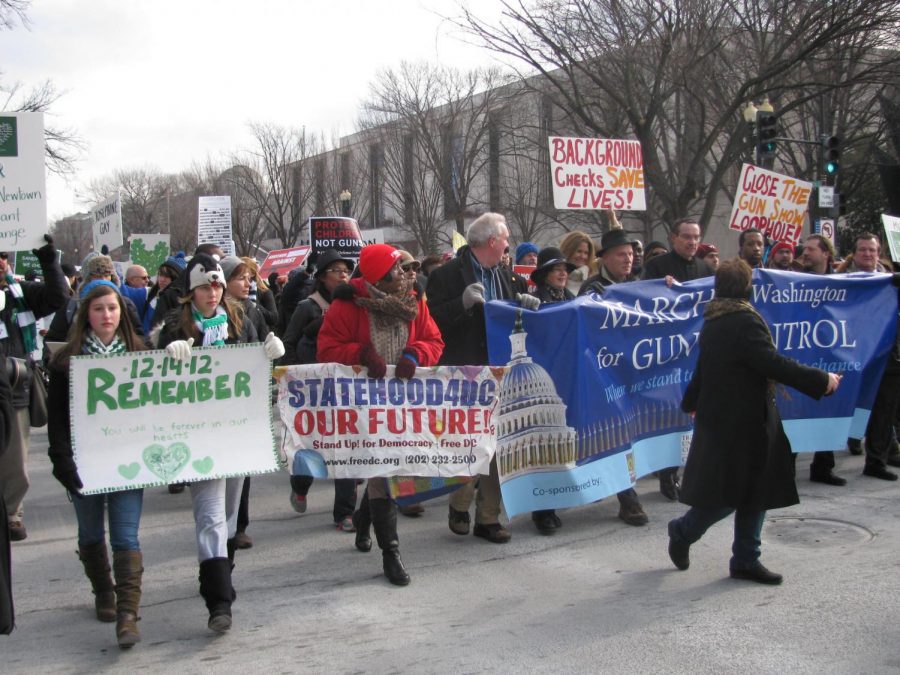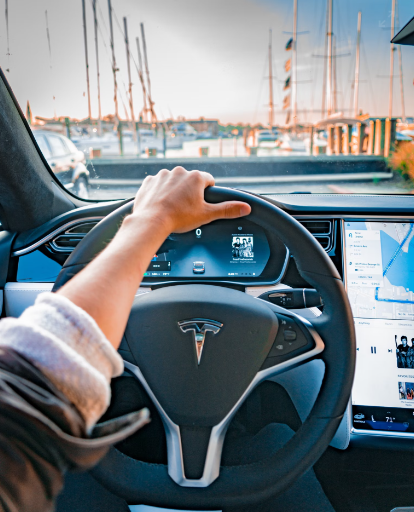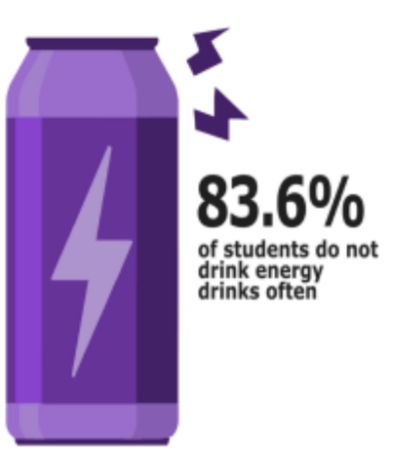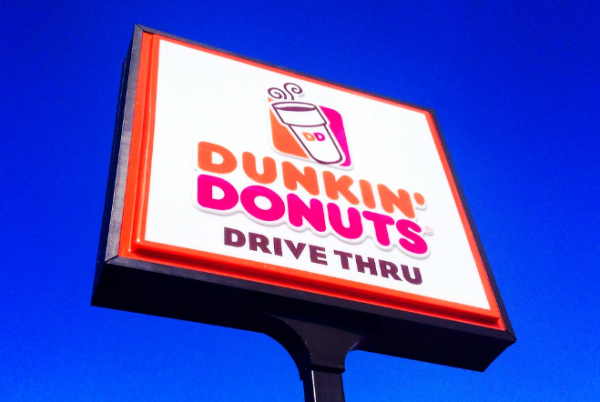Gun control: sounds good, doesn’t work
Image from the March on Washington for Gun Control in 2013.
May 4, 2018
With each mass shooting comes the inevitable public discussion on the topic of guns.
Should they be banned outright? What about only banning so-called “assault weapons”? Is the National Rifle Association (NRA) responsible in any way? Why should people own “weapons of war,” as the Huffington Post calls them?
These questions have been repeated since the Marjory Stoneman Douglas High School shooting this past February. Former student Nicholas Cruz killed 14 students and three staff members. In the attack, he used a Smith & Wesson M&P15, a variant of the popular hunting rifle, the AR-15.
Since the shooting, students of the school have organized the “March For Our Lives,” a nationwide political movement. According to their official website, the goal of the movement is to demand that “a comprehensive and effective bill be immediately brought before Congress to address these gun issues.”
Emma Gonzalez, one of the organizers of the event, said in an interview with CBS that “…automatic, semi-automatic [guns] have no place in society.”
While these demands for gun control may seem like they are common sense, other countries have tried similar measures, but to no avail.
The BBC stated in a 2010 article that “The UK has some of the toughest gun laws in the world. If you want to own a gun, it is very difficult to do so.” Under their 1997 Firearms Act, essentially all handguns, except antiques, were banned from public ownership.
Now one may assume that this has led to a drop in overall crime. On the contrary, violent criminals have simply changed their weapon of choice. The Sun, a British outlet, reports that there were over 37,000 knife offences and 6,600 gun offences in 2017. Daily Mail reported that overall violent crime rose by 77 percent from 1997 to 2007.
How did the British respond to this? They made it “illegal to sell a knife to anyone under 18,” according to the British government’s official website. Still, the amount of knife crimes in London rose by just under 2,500 from 2016 to 2017.
Britain does not seem to recognize one simple thing: criminals will always find a way to commit crimes.
Some, such as former President Barack Obama, have pointed to Australia for guidance on gun control. NBC reports that after a shooting in 1996, Australia passed the National Firearms Agreement. The legislation required “all jurisdictions ban the sale, resale, transfer, ownership, possession, manufacture and use” of semi-automatic firearms, but exempted the military and police.
Some might say that there have been no mass shootings since the weapons ban. This is true, but it does not tell the whole story. From 1971 through 1996, there were only 14 mass shootings and prior to 1971, there virtually no mass shootings. One interpretation of these facts suggests that the lack of mass shootings since 1996 is not a result of the gun ban, but instead just a return to the mean.
Closer to home, this fact that gun control doesn’t work is still evident. According to USA Today, 98 percent of all public mass shootings occur in gun free zones. Chicago is a prime example of the ineffectiveness of gun control laws. In order to transport a gun in the city, you must have a valid Firearms Owner Identification Card and a Chicago Firearm Permit. After getting those, you must break down your gun into a non-functioning state, make sure it is not immediately accessible, unloaded and in a firearm case.
Furthermore, Illinois law requires a waiting period of 24 hours for rifles and shotguns and 72 hours for handguns. According to The Chicago Tribune reports that 3,566 people were be shot in the city in 2017. To put this in perspective, someone was shot every 2 hours and 27 minutes.
This can be contrasted with the gun culture of Texas. On November 5, 2017, Devin Patrick Kelley perpetrated a mass shooting at the Sutherland Springs First Baptist Church. There, he killed 26 and injured 20. Kelley left the Church and an ordinary citizen by the name of Steven Willeford engaged in a shootout with him.
According to the Chicago Tribune, Willeford used an AR-15 to take down the shooter. Furthermore, he was a local NRA instructor who taught gun safety courses.
In an interview on Louder with Crowder, Willeford said that his AR-15 was instrumental in stopping the shooter. “If I had run out of the house with a pistol…it would have been futile,” he said.
Evil will always exist in people’s hearts. The way to defend against evil is not to disarm good, but to ensure that it can protect itself.














